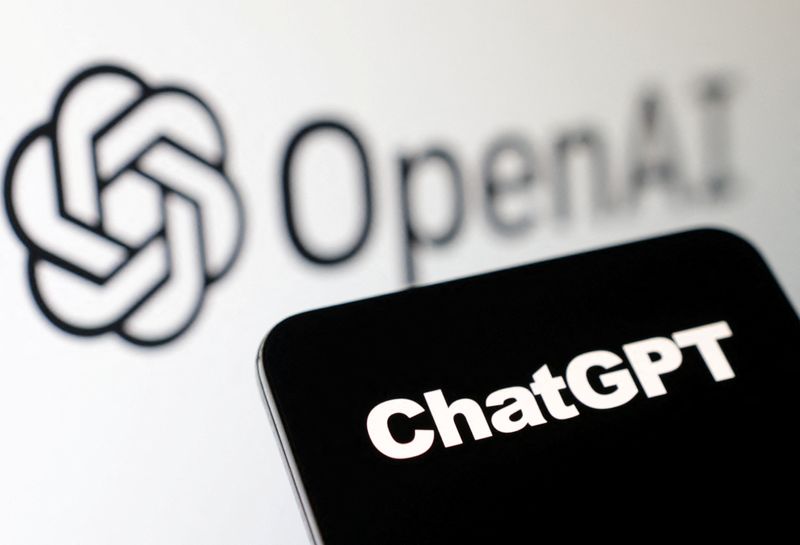Investing.com - OpenAI's CEO, Sam Altman, is scheduled to meet with South Korean President Yoon Suk Yeol and representatives from around 100 local startups this Friday. This meeting aims to bolster domestic competitiveness in artificial intelligence as the country seeks new ways to tap into niche markets.
Following his European tour last month where he met with lawmakers and national leaders discussing AI potential and challenges, Altman has embarked on a whirlwind trip visiting Israel, Jordan, Qatar, United Arab Emirates, India, and now South Korea – all within a week.
South Korea stands out as one of the few nations that has successfully developed its own foundational models for artificial intelligence. This achievement can be attributed to contributions from local tech giants such as Naver, Kakao, and LG. These firms are exploring opportunities in specialized markets not yet targeted by major US or Chinese tech companies.
Naver expressed interest in creating localized AI applications catering specifically to countries with political sensitivities in the Middle East or non-English speaking regions like Spain and Mexico. This information was reported by Financial Times earlier this year after interviewing a Naver executive.
The increasing popularity of generative AI since Microsoft-backed OpenAI introduced ChatGPT last year has prompted global lawmakers to consider implementing laws addressing safety concerns tied to this technology. While the European Union moves forward with its draft AI Act set for approval later this year; the United States leans towards adapting existing legislation for AI purposes rather than introducing entirely new regulations.
South Korea currently awaits full parliamentary approval on their proposed AI regulation which appears less restrictive compared to EU's version. In February an early version of their bill passed through parliament committee ensuring freedom regarding releasing new products/services while only imposing restrictions if regulators find these products/services to be harmful.
In April, the South Korean Ministry of Science and ICT unveiled plans to support local AI development. This includes providing datasets for training hyperscale AI while simultaneously engaging in discussions surrounding AI ethics and regulations.
